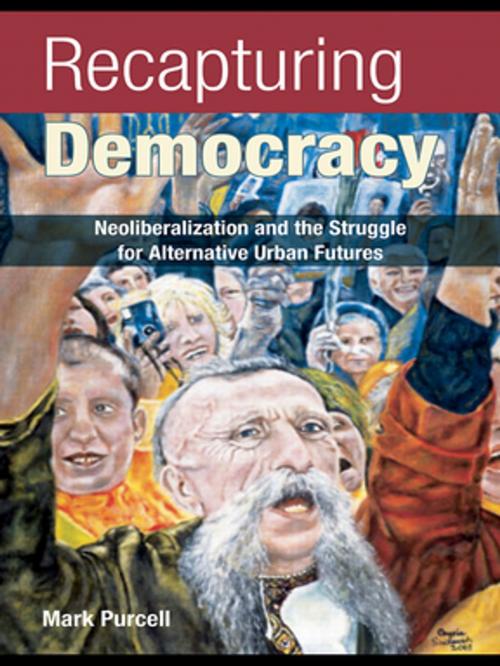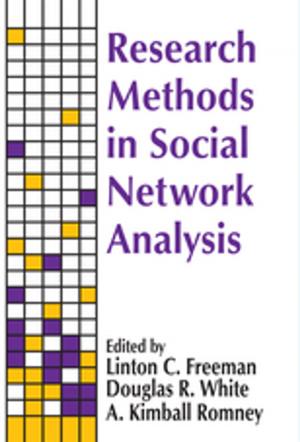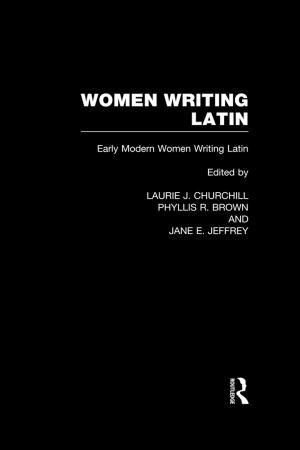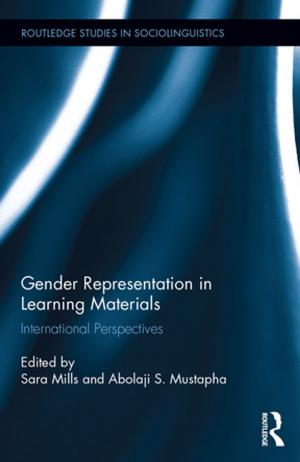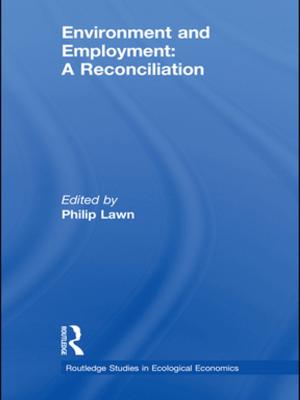Recapturing Democracy
Neoliberalization and the Struggle for Alternative Urban Futures
Nonfiction, Science & Nature, Science, Earth Sciences, Geography, Social & Cultural Studies, Social Science, Human Geography, Sociology| Author: | Mark Purcell | ISBN: | 9781135919252 |
| Publisher: | Taylor and Francis | Publication: | March 25, 2008 |
| Imprint: | Routledge | Language: | English |
| Author: | Mark Purcell |
| ISBN: | 9781135919252 |
| Publisher: | Taylor and Francis |
| Publication: | March 25, 2008 |
| Imprint: | Routledge |
| Language: | English |
Recapturing Democracy is a short yet synoptic introduction to urban democracy in our era of political neoliberalism and economic globalization. Combining an original argument with a number of case studies, Mark Purcell explores the condition of democracy in contemporary Western cities. Whereas many scholars focus on what Purcell calls "procedural democracy" – i.e., electoral politics and access to it – he instead assesses "substantive democracy." By this he means the people’s ability to have some say over issues of social justice, material well being, and economic equality. Neoliberalism, which advocates a diminished role for the state and increasing power for mobile capital, has diminished substantive democracy in recent times, he argues. He looks at case studies where this has occurred and at others that show how neoliberalism can be resisted in the name of substantive democracy. Ultimately, he utilizes Henri Lefebvre’s notion of "the right to the city," which encompasses substantive as well as procedural democracy for ordinary urban citizens.
Recapturing Democracy is a short yet synoptic introduction to urban democracy in our era of political neoliberalism and economic globalization. Combining an original argument with a number of case studies, Mark Purcell explores the condition of democracy in contemporary Western cities. Whereas many scholars focus on what Purcell calls "procedural democracy" – i.e., electoral politics and access to it – he instead assesses "substantive democracy." By this he means the people’s ability to have some say over issues of social justice, material well being, and economic equality. Neoliberalism, which advocates a diminished role for the state and increasing power for mobile capital, has diminished substantive democracy in recent times, he argues. He looks at case studies where this has occurred and at others that show how neoliberalism can be resisted in the name of substantive democracy. Ultimately, he utilizes Henri Lefebvre’s notion of "the right to the city," which encompasses substantive as well as procedural democracy for ordinary urban citizens.
